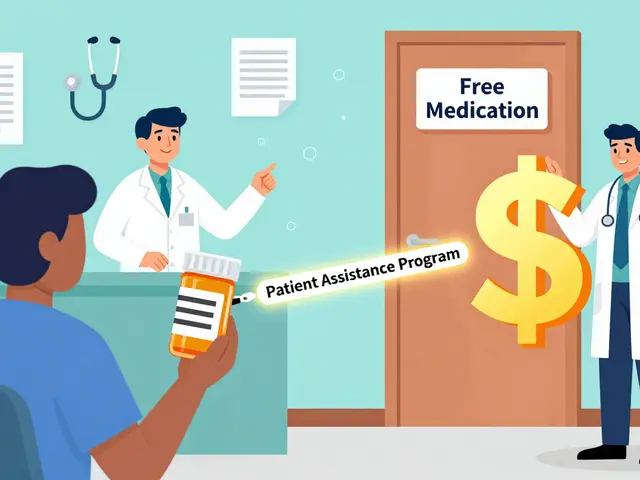Over-the-Counter Flu Treatments: What Works and What to Avoid
Most over-the-counter flu medicines only ease symptoms — they won’t kill the virus. That sounds obvious, but people still expect a pill to make the flu disappear. Your goal with OTCs is to feel better while your immune system does the real work. Below you’ll find clear, practical choices for common flu symptoms and simple safety tips so you don’t make things worse by stacking medicines.
Common OTC options and when to use them
Pain and fever: Acetaminophen (Tylenol) or ibuprofen (Advil, Motrin). Both lower fever and ease body aches. Watch acetaminophen totals — many combo products include it. Too much can harm your liver. NSAIDs like ibuprofen can upset the stomach and aren’t a great idea for people with certain heart or kidney problems.
Congestion: Oral decongestants (pseudoephedrine, phenylephrine) and nasal sprays (oxymetazoline). Pseudoephedrine works best but may be sold behind the counter. Nasal sprays help fast but don’t use longer than 3 days — they can cause rebound congestion.
Cough: Dextromethorphan suppresses dry coughs; guaifenesin thins mucus for productive coughs. If your cough brings up thick colored mucus or lasts more than a week, see a clinician — that could be a bacterial infection or another issue.
Runny nose and sneezing: First-generation antihistamines (diphenhydramine) can help but make you drowsy. Newer ones (loratadine, cetirizine) cause less sleepiness but aren’t as strong for congestion.
Sore throat and mild cough relief: Lozenges, honey (for kids over 1), warm tea, and saltwater gargles offer real, simple relief with minimal risk.
How to pick the right product and stay safe
Pick the simplest product that targets your main symptom. If you only have a fever and aches, take acetaminophen or ibuprofen — no need for a multi-symptom formula that adds decongestants or cough suppressants you don’t need. Always read the active ingredients to avoid doubling up on acetaminophen or decongestants.
Know your health limits: avoid pseudoephedrine if you have high blood pressure or certain heart conditions. Check with a pharmacist or doctor if you’re pregnant, breastfeeding, or on other medicines (some cold meds interact with antidepressants and blood pressure drugs).
Start treatments early for best comfort — zinc lozenges may shorten illness if begun within 24 hours of symptoms, but the evidence is mixed. Stay hydrated, rest, use a humidifier, and consider saline nasal rinses to clear mucus without drugs.
See a doctor if you have trouble breathing, chest pain, fainting, severe dehydration, a high fever lasting more than three days, confusion, or symptoms that suddenly get much worse. For young children, seniors, or people with chronic illness, seek care sooner rather than later.
OTCs can help you feel human again while your body fights the flu. Use them smartly, watch doses, and ask a pharmacist if you’re unsure — a quick question can prevent a serious mistake.
Best Over-the-Counter Flu Remedies: Zinc, Elderberry, and Symptom Relief When Tamiflu Isn't an Option
Caught the flu and can't take Tamiflu? Dive into proven over-the-counter flu treatments like zinc and elderberry, plus science-backed symptom relief that actually works. This guide unpacks the facts behind each option, highlights what to avoid, and shares pro tips to feel better. Discover what medical research says about these popular choices. Navigating cold and flu season just got a whole lot simpler.
Read More





